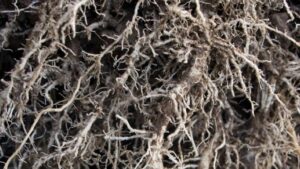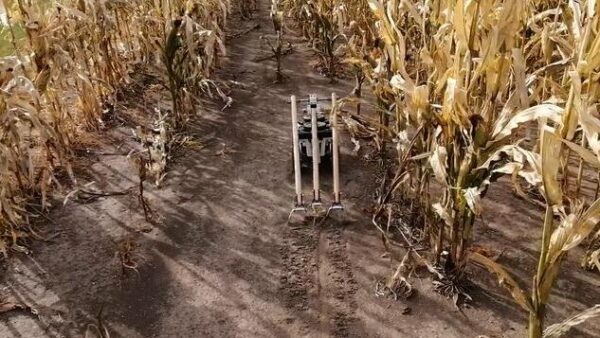 |
Reduce Soil Erosion Extensive root systems cling to the top layer of the soil creating an interior shield from erosion while top growth minimizes wind erosion. |
 |
Generate Additional Forage Certain cover crop species have the added benefit of being multi-purpose, meaning they can act as a soil cover and be managed as a forage source. |
 |
Provide Pest Control Most cover crops that suppress weeds during the winter months can consequently reduce nematode populations. Some cover crop options cause nematode eggs to hatch prematurely in the fall, rather than the spring. This depletes egg numbers and populations because the nematodes present have no host to feed on. |
 |
Provide Weed Control Cover crops create competition for winter annuals and other weeds, shading them out. This ensures your crop access to all the available moisture and nutrients with the potential of lowering herbicide requirements per acre. |
 |
Sequester Nutrients These plants aggressively scavenge and cycle nutrients from deep within the soil, making them available in the root zone of subsequent crops. This helps to improve yields while reducing runoff. |
 |
Build Organic Material Throughout the lifecycle of a cover crop, they add organic humus to soil and feed microbes. This, in turn, improves soil tilth, soil quality and water holding capacity. |
 |
Create Financial Value All of these benefits create the opportunity for better yield potential in cash crops, lower input costs and ultimately increase land values. In addition, many states and counties offer cost-sharing initiatives. |
 |
Alleviate Soil Compaction Deep burrowing roots break through compacted soil to create channels, which improves aeration and water movement. |
 |
Create a Nitrogen Source By using a legume cover crop mix, the additional nitrogen will help to fix nitrogen from the atmosphere to the soil. |













